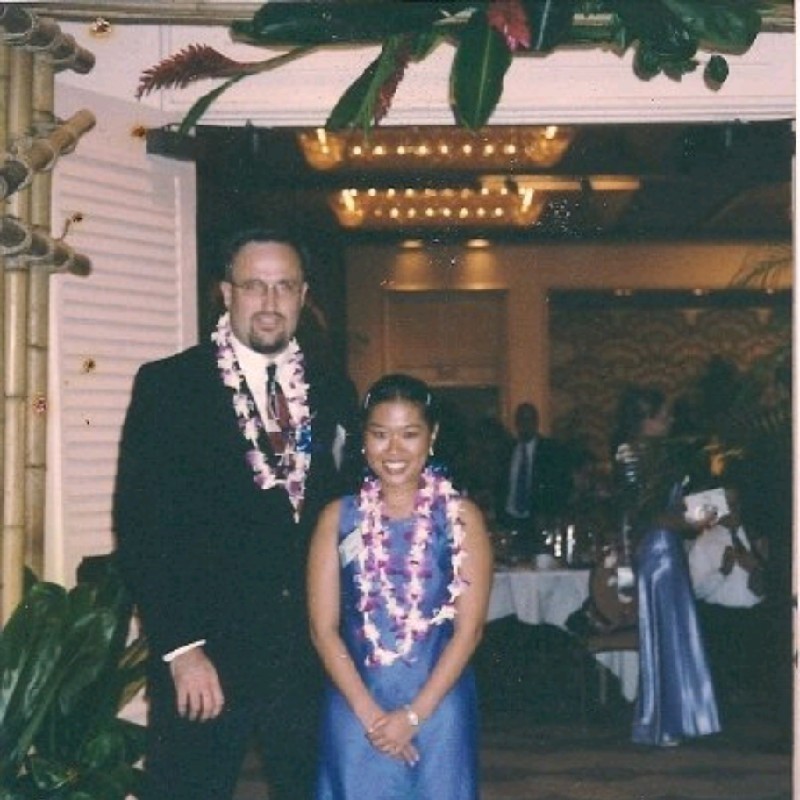In a world where knowledge is both a currency and a catalyst, the realm of higher education is undergoing a palpable transformation. No longer can it be tethered solely to the conventional anchorage of textbooks and lectures – it demands a foray into new realms of learning. In this article that I titled Beyond Books: The Transformative Passage to Advanced Learning, it is more than a mere rhetorical flourish; it’s a reflection, a question, and a challenge that beckons the academically intrepid.
Why then, amidst this stirring seascape, is the value of higher education seemingly depreciating in the eyes of skeptics and realists alike? As I grapple with the complexities of my final research for MBA 580 – Innovation and Strategy in High Performing Organizations, an epiphany unfurls: it isn’t the institution of higher education that’s losing its sheen; it’s the mindset with which one engages with it that determines the outcome – enrichment or disillusionment.
The graduate mindset is a distinct beacon that illuminates this journey, transforming students from passive recipients to active challengers, inventors, and, ultimately, creators. In this odyssey, students rebirth as critical thinkers, independent scholars, and interdisciplinary innovators who excel not just in absorbing knowledge but in contributing to its evolution.
As we stand at the cusp of higher learning, this article seeks to uncover the essence of graduate-level studies: a battle-tested boldness in thought, a deep-rooted propensity for problem-solving, and a voracious appetite for collaborative exploration that transcends traditional academic borders.
So let us embark on a thoughtful journey through the transformative passage to advanced learning. Together, we will explore how the metamorphosis of mindset from undergraduate conformity to graduate-level creativity can turn the crucible of grad school into a cradle of opportunities and innovation.
Join me in navigating this convergence of curiosity, knowledge, and real-world applicability that shapes the future of education and, subsequently, our world. How ready are you to unravel the mysteries that lie beyond books and embrace the full breadth of advanced learning?
The Graduate Mindset
Graduate education isn’t about passively receiving information—it’s an active engagement with ideas, theories, and problems. It beckons students to move beyond rote memorization or surface-level understanding into the rich terrain of critical analysis and creative synthesis. What differentiates the graduate learner is the readiness to question, to debate, and above all, to innovate.
In my observations and interactions with numerous graduate cohorts, I’ve noticed the inevitable threshold they cross—moving from performers to creators, from consumers to producers. This is the front line where true scholars are made, where their intellectual mettle is tested, and where independence becomes the guiding light.
Independent Thinking and Knowledge Creation
One must internalize that graduate level studies are not an extension of undergrad coursework but a new paradigm altogether. The emphasis is no longer on how much you can remember, but on what you can contribute. Here, education becomes a collaborative effort to push the boundaries of knowledge.
Consider a hypothetical case: An undergraduate writing a thesis might explore the well-trodden paths of historical events, summarizing the viewpoints and analyses established by historians. However, a graduate student delving into history could be scrutinizing historical data, developing fresh interpretations, or cross-examining the impact of historical events on contemporary issues.
Navigating Interdisciplinarity and Collaboration
Advanced studies blur the rigid lines dividing disciplines, promoting an organic approach that intertwines various fields. Breaking down these silos encourages a flow of ideas that nurtures innovation. Ideas are not meant to remain in academic vacuums; they are destined for cross-pollination.
Take interdisciplinarity, for example. A project on environmental policy at the graduate level isn’t restricted to political science. It engages economics, sociology, environmental science, and perhaps even ethics and philosophy. It’s here where collaboration isn’t just beneficial—it’s imperative.
Strategies for Grad School Success
Success in graduate studies unfolds for those who embrace self-direction and exhibit robust critical thinking. Here are some pivotal strategies:
- Cultivate Critical Thought: Engage with material earnestly, challenging assumptions, and always asking “why” and “how”.
- Embrace Problem-Solving: Look at problems not as barriers but as invitations to innovate and experiment with solutions.
- Develop Self-Direction: Proactiveness is key. Set goals, manage time effectively, and seek knowledge actively, both within and outside formal structures.
- Foster Collaboration: Realize that today’s complex questions demand collective intelligence. Encourage diversity in thought and teamwork in execution.
As you navigate the waters from undergraduate to graduate studies—or if you’re guiding those who do—acknowledge the profound metamorphosis in learning required. It’s more than acquiring advanced knowledge; it’s an apprenticeship in thinking, analyzing, and contributing to the world’s intellectual legacy.
Graduate studies are not merely a series of classes leading to a degree; they are a rigorous test of intellect, creativity, and persistence. Understanding these core differences arms students with the insights necessary to thrive in the challenging yet exhilarating journey of higher education. Now, let us ponder this together: How ready are you to break the mold of the undergraduate experience and delve into the rigors and rewards of an advanced educational odyssey?
Share your experiences or burning questions below, and join the discourse that shapes our collective journey toward higher learning.
[cite]

Nick, Founder & CEO of Wiener Squad Media
Nick is the visionary founder and CEO of Wiener Squad Media, based in Orlando, FL, where he passionately supports Republican, Libertarian, and other conservative entrepreneurs in building and growing their businesses through effective website design and digital marketing strategies. With a strong background in marketing, Nick previously ran a successful marketing agency for 15 years that achieved seven-figure revenue before an unfortunate acquisition led to its closure. This experience fueled his resolve to create Wiener Squad Media, driven by a mission to provide outstanding digital marketing services tailored specifically for conservative-owned small businesses.
Holding a Master of Science in Marketing from Hawaii Pacific University (2003), Nick is currently furthering his education with an MBA to enhance his problem-solving skills and ensure that past challenges don’t repeat themselves. He firmly believes in the marathon approach to business growth, prioritizing sustainable practices over quick fixes like investor capital. Committed to employee welfare, Nick maintains a starting wage of $25 per hour for his staff and caps his own salary at $80,000 plus bonuses.
At Wiener Squad Media, our values are based on the Five Pillars of Giving – protecting the First and Second Amendments, Sanctity of Life, supporting our military, veteran, and first responder heroes, and making sure no shelter dog is left behind by finding each one a forever home. At Wiener Squad Media, we are not just about success but also about making a positive impact on society while achieving it.
Outside of work, Nick is an avid political activist who engages in discussions supporting conservative values. He volunteers at local animal shelters, participates in pet adoption events to help find all unwanted dogs a forever home. Committed to nurturing the next generation of entrepreneurs, Nick dedicates time to coaching and mentoring other aspiring conservative business owners, sharing his wealth of knowledge and experience in the industry.





0 Comments